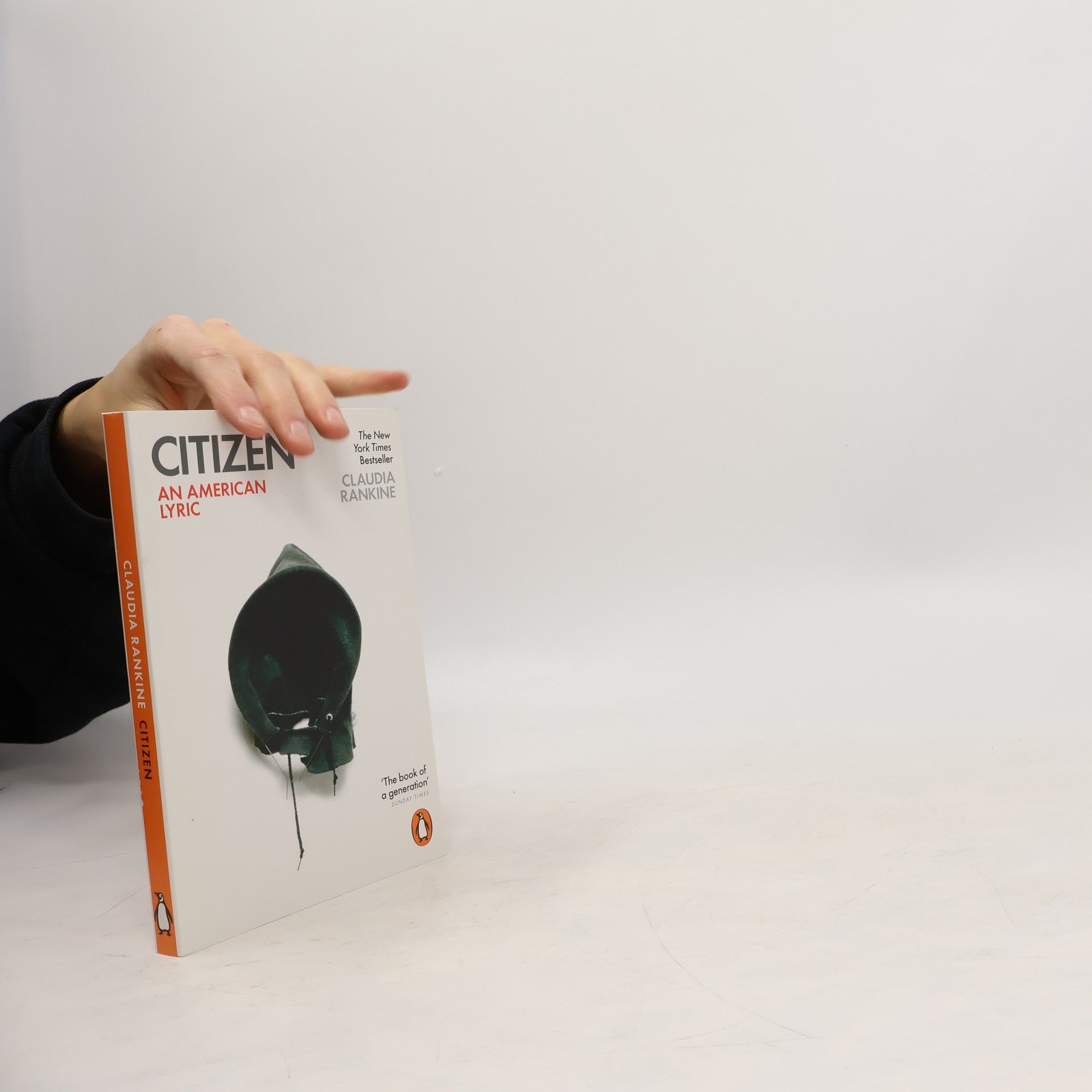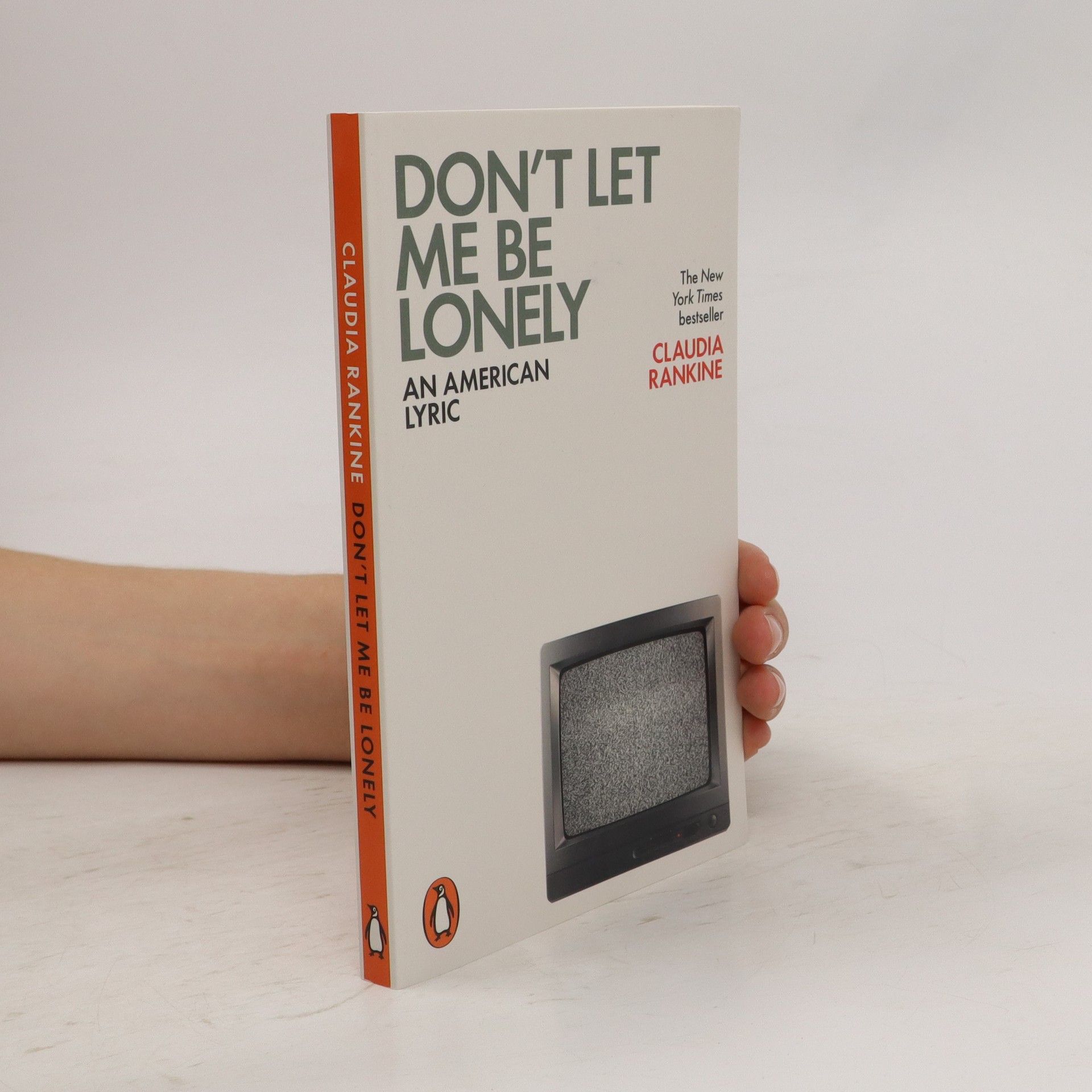Claudia Rankine Bücher
Claudia Rankine ist eine amerikanische Dichterin und Dramatikerin, deren Werk eindringlich Themen wie Rassismus, Identität und soziale Gerechtigkeit untersucht. In ihren umfangreichen lyrischen und dramatischen Werken setzt sie sich mit der Komplexität alltäglicher Rassierfahrungen auseinander und erforscht, wie diese Begegnungen das individuelle und kollektive Bewusstsein prägen. Ihr Stil zeichnet sich durch Dringlichkeit, Tiefe und die Fähigkeit aus, persönliche Reflexionen mit breiterem gesellschaftlichem Kommentar zu verbinden. Rankine bemüht sich durch ihre Schriften und die Gründung des Racial Imaginary Institute, einen Raum für Dialog und ein tieferes Verständnis von Rassendynamiken in Amerika zu schaffen.





Just Us
- 360 Seiten
- 13 Lesestunden
Now in paperback, Claudia Rankine's 'skyscraper in the literature on racism' (Christian Science Monitor) At the theatre, around the dinner table, in the airport and in the voting booth, what fractures lie beneath the veneer of contemporary civility and rhetorical claims to unity? What happens if we actually acknowledge them? And when we do, how can we strive to stay in the room with one other? In a series of real-life conversations with both friends and strangers, Claudia Rankine set out to explore these questions, taking the study of whiteness and white supremacy - and a willingness to be surprised - as her guiding light. Just Us is the record of those encounters. Brilliantly arranging essays, images and poems along with the voices and rebuttals of others, it counterpoints Rankine's own text with facing-page notes and commentary, and along the way considers a typically enlightening and unexpected range of issues, from priority boarding queues to the political and cultural implications of women dyeing their hair blonde. Wry, vulnerable and prescient, this is Rankine's most intimate work, less interested in being right - and in always feeling comfortable - than in being true and being together.
Don't Let Me Be Lonely
- 192 Seiten
- 7 Lesestunden
'Don't Let Me Be Lonely' is Rankine's meditation on the self bewildered by race riots, terrorism, medicated depression and television's ubiquitous influence. Written during George W. Bush's presidency in an America still reeling from the 9/11 attacks and charging headlong into war in Iraq, this is an early 21st-century work of great wit, intelligence and depth of feeling, with urgent lessons for the present.
Citizen
- 192 Seiten
- 7 Lesestunden
"Claudia Rankine's bold new book recounts mounting racial aggressions in ongoing encounters in twenty-first-century daily life and in the media. In essay, image, and poetry, Citizen is a powerful testament to the individual and collective effects of racism in our contemporary, often named 'post-race' society."-
Plot
- 112 Seiten
- 4 Lesestunden
"A postmodern dialogue about pregnancy, childbirth, and artistic expression, the electrifying journey is charted through dreams, conversations, and reflections - it crosses genres, existing at times in poetry, at times in dialogue and prose, in order to arrive at a new understanding of humanity"--Publisher's description.